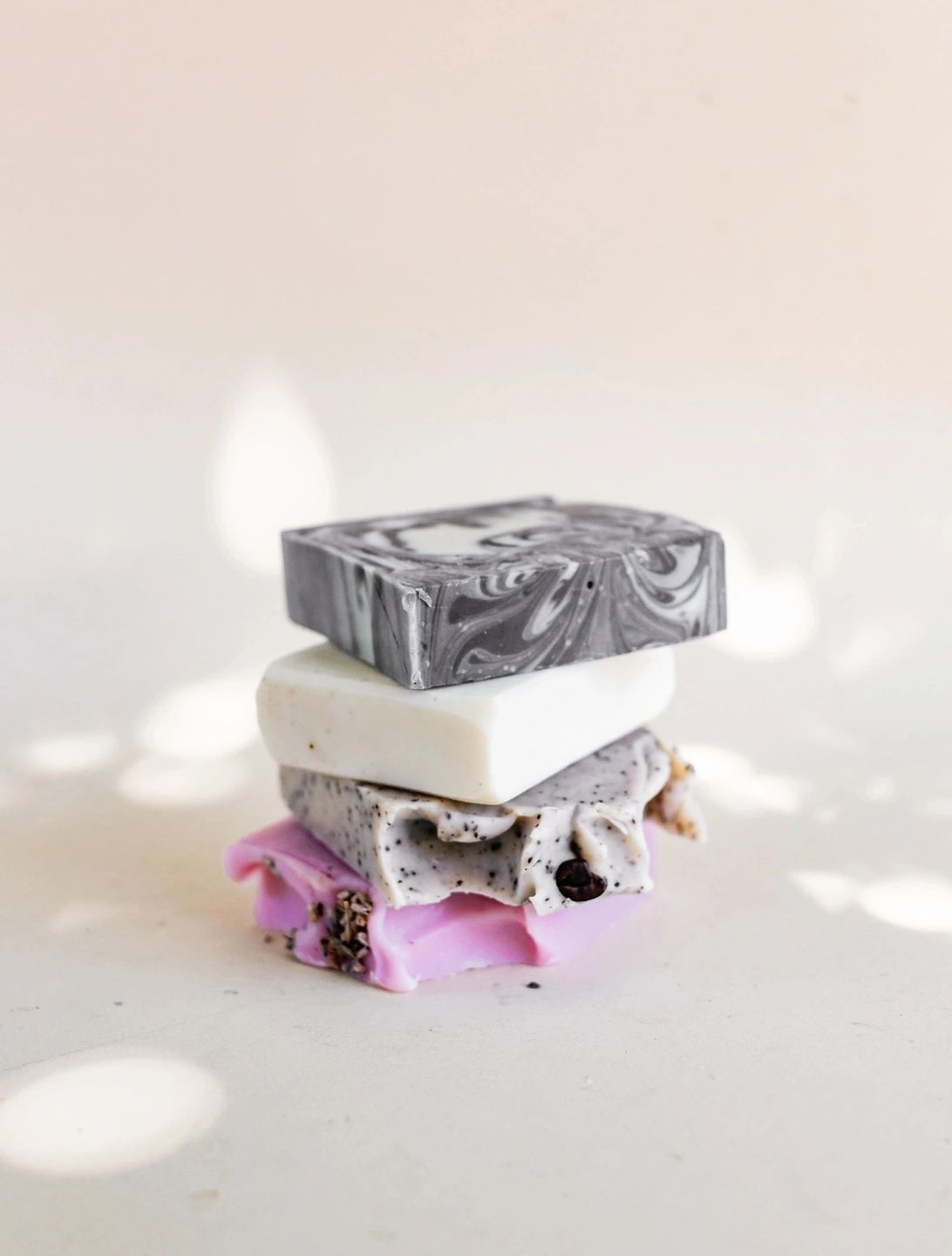Acne is a common skin condition that affects people of all ages, manifesting as blemishes, blackheads, and sometimes even painful cysts. Whether you’re a teenager facing hormonal changes or an adult dealing with stress-related breakouts, understanding how to effectively address and prevent acne is crucial. This article will explore the causes of acne, effective treatments, and essential prevention tips to help you achieve and maintain clear skin.
Understanding Acne: Causes and Types
Acne can be triggered by various factors, including hormonal fluctuations, excess oil production, and clogged pores. Understanding the different types of acne, such as whiteheads, blackheads, and cystic acne, is essential for selecting the right treatment. Hormonal acne, often seen in teenagers and women, is caused by an increase in androgens, which leads to excess sebum production. Bacteria and inflammation further exacerbate the condition, resulting in painful, red pimples.
Daily Skincare Routine for Acne Prevention
A consistent and well-structured skincare routine is the first line of defense against acne. Start with a gentle cleanser to remove dirt, oil, and makeup without stripping the skin of its natural moisture. Follow up with a toner containing salicylic acid to unclog pores and reduce oiliness. Moisturizing is crucial, even for oily skin, as it helps balance the skin’s oil production. Look for non-comedogenic moisturizers that won’t clog pores. Lastly, never skip sunscreen; UV rays can worsen acne and lead to hyperpigmentation.
Effective Over-the-Counter Treatments
For mild to moderate acne, over-the-counter treatments can be highly effective. Products containing benzoyl peroxide work by killing acne-causing bacteria, while those with salicylic acid help exfoliate the skin and clear clogged pores. Retinoids, available in prescription and over-the-counter forms, accelerate cell turnover and prevent pores from becoming blocked. It’s essential to use these products consistently and follow the instructions carefully to avoid irritation.
Prescription Medications and Their Role
In more severe cases of acne, prescription medications may be necessary. Dermatologists often prescribe topical treatments like tretinoin, which is more potent than over-the-counter retinoids, or antibiotics to reduce inflammation and bacterial growth. Oral medications such as isotretinoin are reserved for the most persistent cases, offering a significant reduction in acne lesions but with potential side effects that require close monitoring. Hormonal treatments, such as birth control pills or anti-androgens like spironolactone, can also be effective, particularly for women with hormonal acne.
The Impact of Diet on Acne
While the relationship between diet and acne is still being studied, certain foods are known to trigger breakouts in some individuals. High glycemic index foods, such as sugary snacks and refined carbohydrates, can cause a spike in blood sugar levels, leading to increased sebum production. Dairy products have also been linked to acne, possibly due to the hormones present in milk. Incorporating more fruits, vegetables, and whole grains into your diet can support overall skin health and may reduce the frequency of breakouts.
Lifestyle Changes for Clearer Skin
In addition to skincare and diet, lifestyle changes can play a significant role in preventing acne. Regular exercise improves circulation and helps to reduce stress, which can be a major acne trigger. Ensuring adequate sleep and managing stress through practices like meditation or yoga can also help balance hormones and reduce the likelihood of breakouts. Additionally, avoid touching your face frequently, as this can transfer bacteria and oil from your hands to your skin, leading to more blemishes.
Natural Remedies: What Works and What Doesn’t
Many people turn to natural remedies for acne treatment, but not all are created equal. Tea tree oil, known for its antibacterial properties, can be effective when used as a spot treatment. Honey, particularly raw honey, has natural antimicrobial properties that can soothe inflamed skin. However, some popular remedies like lemon juice or baking soda can be too harsh and may cause irritation or worsen acne. It’s important to approach natural treatments with caution and consult with a dermatologist before trying anything new.
When to Consult a Dermatologist
If over-the-counter treatments and lifestyle changes are not producing the desired results, it may be time to consult a dermatologist. Persistent or severe acne, especially if it’s leaving scars, should be
evaluated by a professional. Dermatologists can offer personalized treatment plans tailored to your specific skin type and acne severity. They may also perform procedures like chemical peels or laser therapy to reduce acne scars and improve skin texture. Early intervention is key to preventing long-term skin damage and achieving clearer, healthier skin.
Summary
Addressing and preventing acne requires a comprehensive approach that includes understanding its causes, implementing an effective skincare routine, using appropriate treatments, and making healthy lifestyle choices. While acne can be a persistent and frustrating condition, with the right strategies, it’s possible to manage and even prevent breakouts, leading to clearer and more confident skin
Please like, comment, and share this article if you found it helpful and
informative.
Visit https://bigtownbulletin.com if you would like to see more of this content.
Please like, comment, and share this article if you found it helpful and
informative.
For more news check out Big Town Bulletin News
For more from Big Town Bulletin check out Big Town Bulletin


